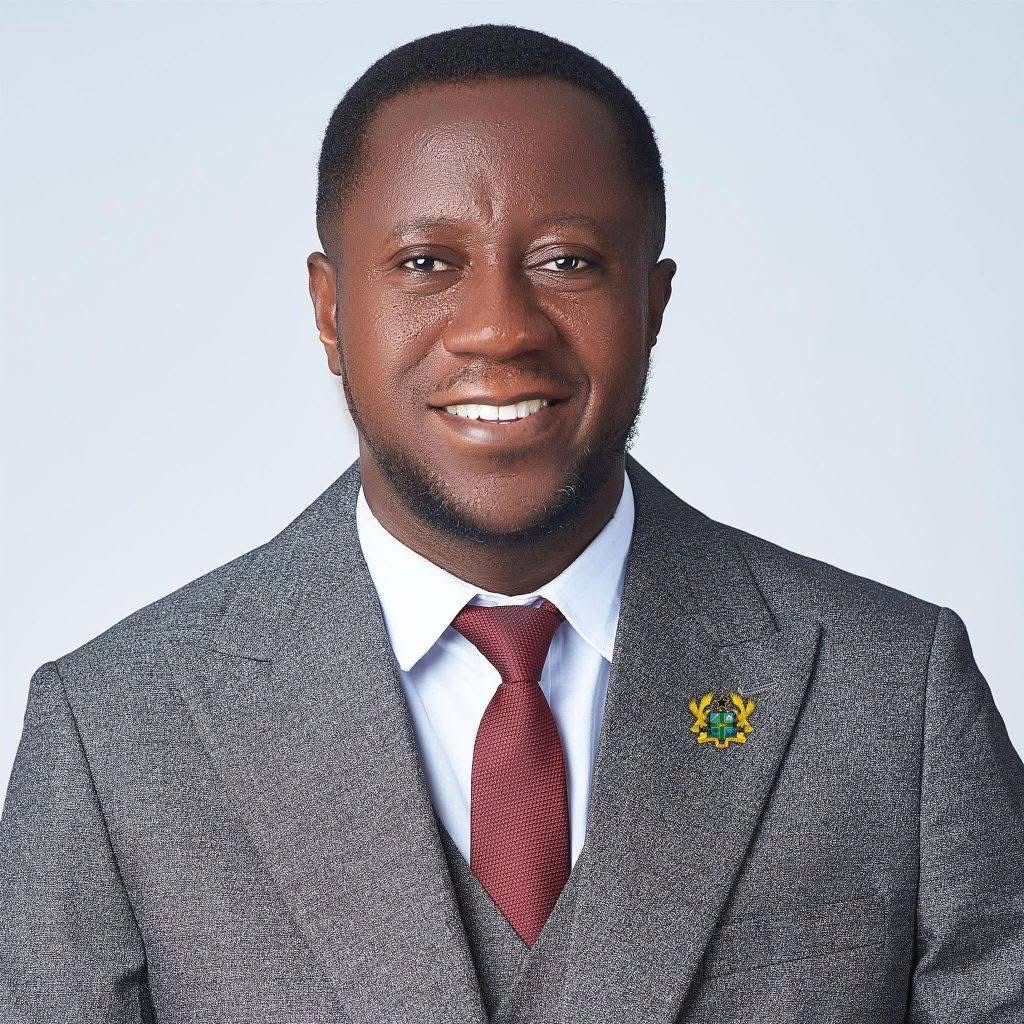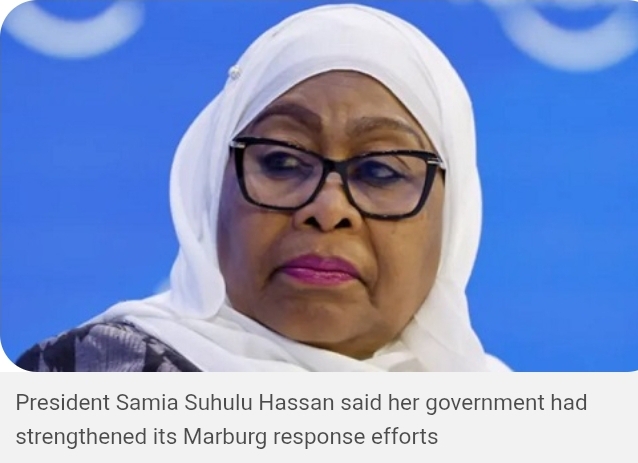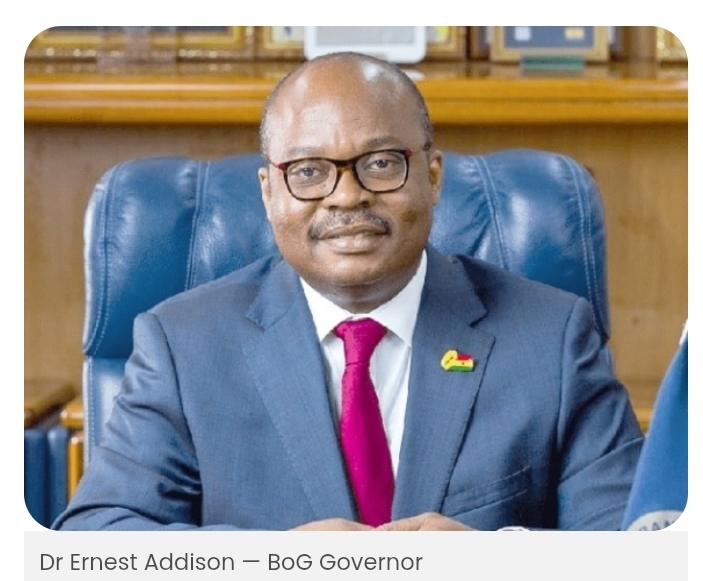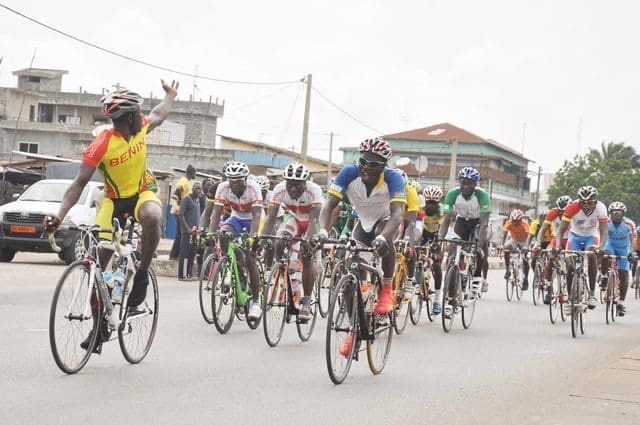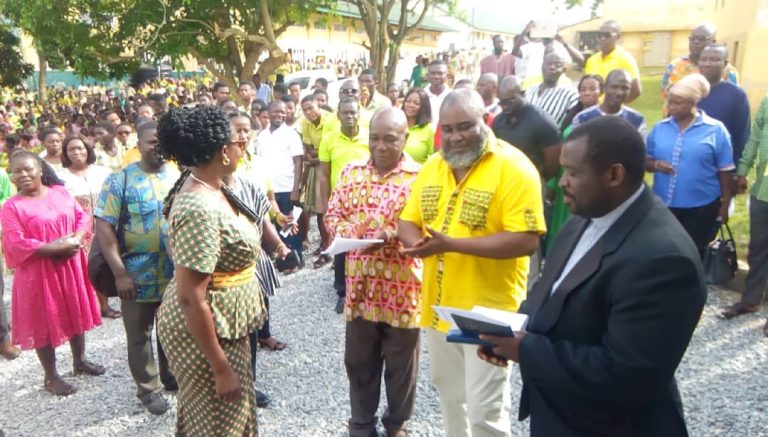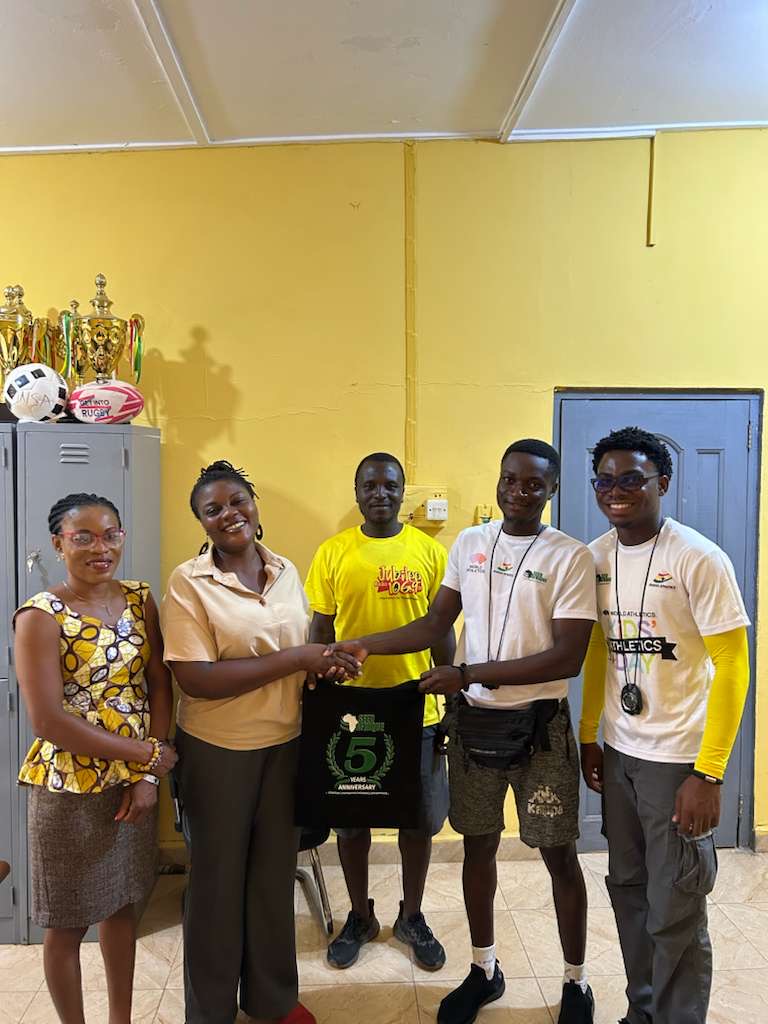Ablekuma Central Municipal Assembly has become the first local government in Ghana to join the global Making Cities Resilient 2030 (MCR2030) platform, marking a milestone in the nation’s urban disaster risk reduction efforts.
Speaking at the opening of a two-day capacity-building workshop on Urban Risk-Informed Development Planning and Making Cities Resilient, Municipal Chief Executive Hon. Frank Nkansah highlighted the urgent need for proactive resilience strategies in Ghana’s rapidly urbanizing communities.
“This workshop could not have come at a better time,” Nkansah told a packed audience of policymakers, traditional leaders, UN representatives, and community stakeholders. “Disaster risk is rising daily, driven by urbanization, poverty, and climate change.”
Citing the Global Assessment Report on Disaster Risk Reduction (2013), he noted that disasters have affected over 4.4 billion people worldwide in the past two decades — with developing nations like Ghana bearing the heaviest burden.
In Ablekuma Central — a densely populated municipality carved from the Accra Metropolitan Assembly in 2019 — the challenges are stark. Covering just 9.14 square kilometers, the area is home to nearly 170,000 residents and faces recurring flooding, poor sanitation, congestion, and environmental degradation in communities such as Lartebiokorshie, Abossey Okai, Mataheko, and Sabon Zongo.
“These vibrant centers of trade and social life are also highly exposed to urban risks,” Nkansah said. “Resilience must be built into how we plan, develop, and manage our cities.”
The workshop, organized in partnership with the United Nations Office for Disaster Risk Reduction (UNDRR), GIZ’s Resilience Initiative Africa, and the African Union Commission, aims to equip local leaders with practical tools including the Disaster Resilience Scorecard for Cities and the MCR2030 framework.
“Ablekuma Central is proud to pilot this initiative in Ghana,” Nkansah declared, commending UNDRR, GIZ, and their partners for their sustained support. “Your collaboration reinforces that resilience is not a one-time action but a continuous process demanding leadership, commitment, and partnership.”
Member of Parliament for Ablekuma Central, Hon. Abdul Latif Dan, joined representatives from UNDP, NADMO, the World Food Organisation, traditional authorities, civil society, and the media in attendance.
Over the next two days, participants will develop a localized Disaster Risk Reduction strategy aligned with national and global frameworks, with outcomes set to influence municipal planning, budgeting, and community engagement.
“We reaffirm our commitment to making Ablekuma Central a safe, inclusive, and resilient city,” Nkansah concluded. “Let us use this workshop to share, learn, and take practical steps toward a future where development protects our people and environment.”
The workshop concludes on October 28, 2025.

